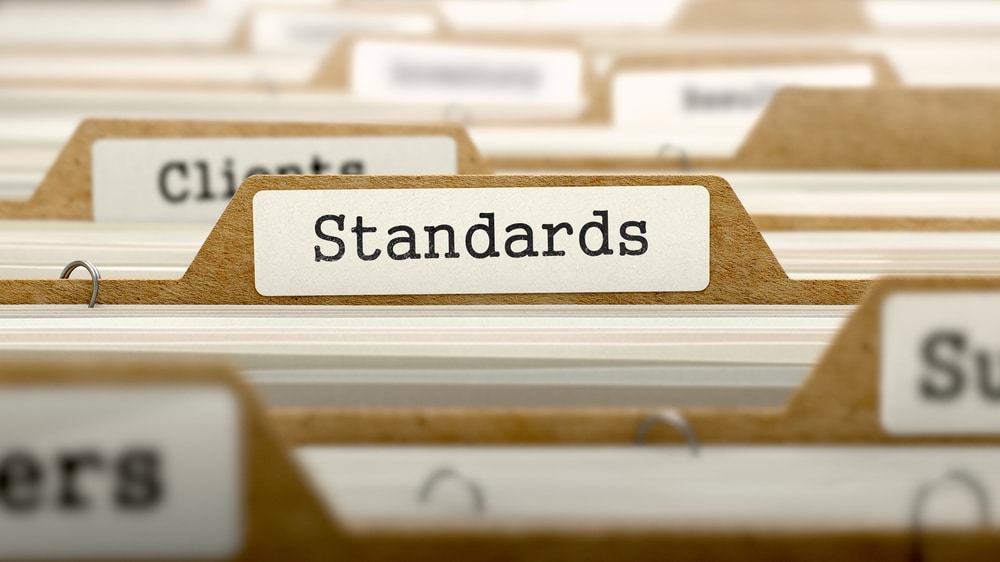There is an interesting paradigm in political culture where we seem to hold differing standards for private versus public entities. If you were to ask your average person walking down the street whether we should bail out a random, private company that is not performing well and will likely go out of business I think you’d be met with a resounding no. I agree with this; if a private company is failing it’s because they are failing to run their business properly and whatever the reason may be, they are failing to provide the necessary value creation to stay afloat. However, if I were to ask the same people, “Should we solve the myriad issues with public institutions like education, social care, healthcare etc?” I would most likely be told that we should intervene and, in some form, throw money at the problem.
You can see the inconsistency here. Why does it come naturally to intervene and chuck money at failing public institutions but when it comes to private firms, we balk at the thought of saving them?
Let’s take the National Health Service. It consistently underperforms in healthcare outcomes when compared to other European countries, even before 2010. In healthcare outcomes, the metric I think everyone would agree is heads and shoulders above the rest in importance, the NHS performs horrifically.
The British state school system has been failing for years, with attainment falling repeatedly even before the Labour Party—not exactly known for being fans of cutting spending—was kicked out of power in 2010.
These are two huge parts of political discourse where there is a clear inconsistency in the logic that higher spending equals better outcomes. If state run schools and hospitals were private firms, they would have gone out of business years ago for not being able to educate children and keep people alive. Some may be sympathetic to the idea that if money was thrown at a lot of failing businesses, that it’s reasonable to conclude that those businesses would be saved. However, that idea assumes that public and private entities operate under the same framework. That couldn’t be further from the truth, but it’s why we keep seeing a general stagnation or downward trend in the quality of services provided by public entities.
Individuals have certain wants and wishes. Entrepreneurs have the task of anticipating those wants and wishes and fulfilling them by supplying them what they want. The entrepreneur that correctly anticipates how he can create value for individuals, executing their wants and wishes, will make a profit. Absent excessive government manipulation, a company making a profit signals that they are creating value for society by satisfying the wants and wishes of enough people. Another important aspect to mention is that the presence of a profit on a company’s balance sheet signals where the most efficient use of scarce resources ought to be. That means that the presence of profit coordinates where our scarce resources should go to in order to maximize value creation.
The difference between how a private company garners revenue and the way government does is that one is voluntarily given, which provides us that signal, whilst the other is taken by force, meaning anything the government spends is necessarily going to diverge from an efficient use of scarce resources. We can further expand on that by using a simple classroom as an example: Should it be twenty pupils large or thirty? Should we have an emphasis on math or English? Do we need a fancy whiteboard or will a simple chalkboard suffice? All of these are decisions that need to be made by government bureaucrats, but they do not have the necessary knowledge, imparted to them by profit and loss signals, to make that decision to achieve the most efficient outcome. All of these decisions are made arbitrarily, in the sense that they may think they need to do things this or that way but they will never truly know since they will never receive the profit and loss feedback I explained. This produces bad outcomes like lower school attainment. I do not think anyone is going to argue that falling math scores are a good outcome. The longer we let government run these sorts of institutions the more inefficient the allocation of resources and value creation will be.
I believe the differing standard we hold against private versus public entities comes down to a lack of knowledge about the profit and loss system. Don’t get me wrong, I don’t blame the vast majority of people for not knowing; economic theory isn’t exactly very interesting for most people. What should be clear though is that people in government should know about it and our elected representatives should at least be aware of the ideas, even if they disagree with them.
Politicians start from a position that they can allocate funding here and there and it will be the best use of the funding. This is a losing position and will inevitably cause bad outcomes, but it is not a case of electing someone else to change the allocation. I often see the Labour Party accuse the Conservative government of being incompetent when it comes to managing the public sector. But even if the opposition was given power instead, there will at best be marginal reversals in certain bad outcomes and more likely a continuing trend of exacerbating the problem. No individual operating in government will ever have the knowledge necessary to allocate resources where the most value will be created for society. They simply cannot gather the knowledge to do so.







